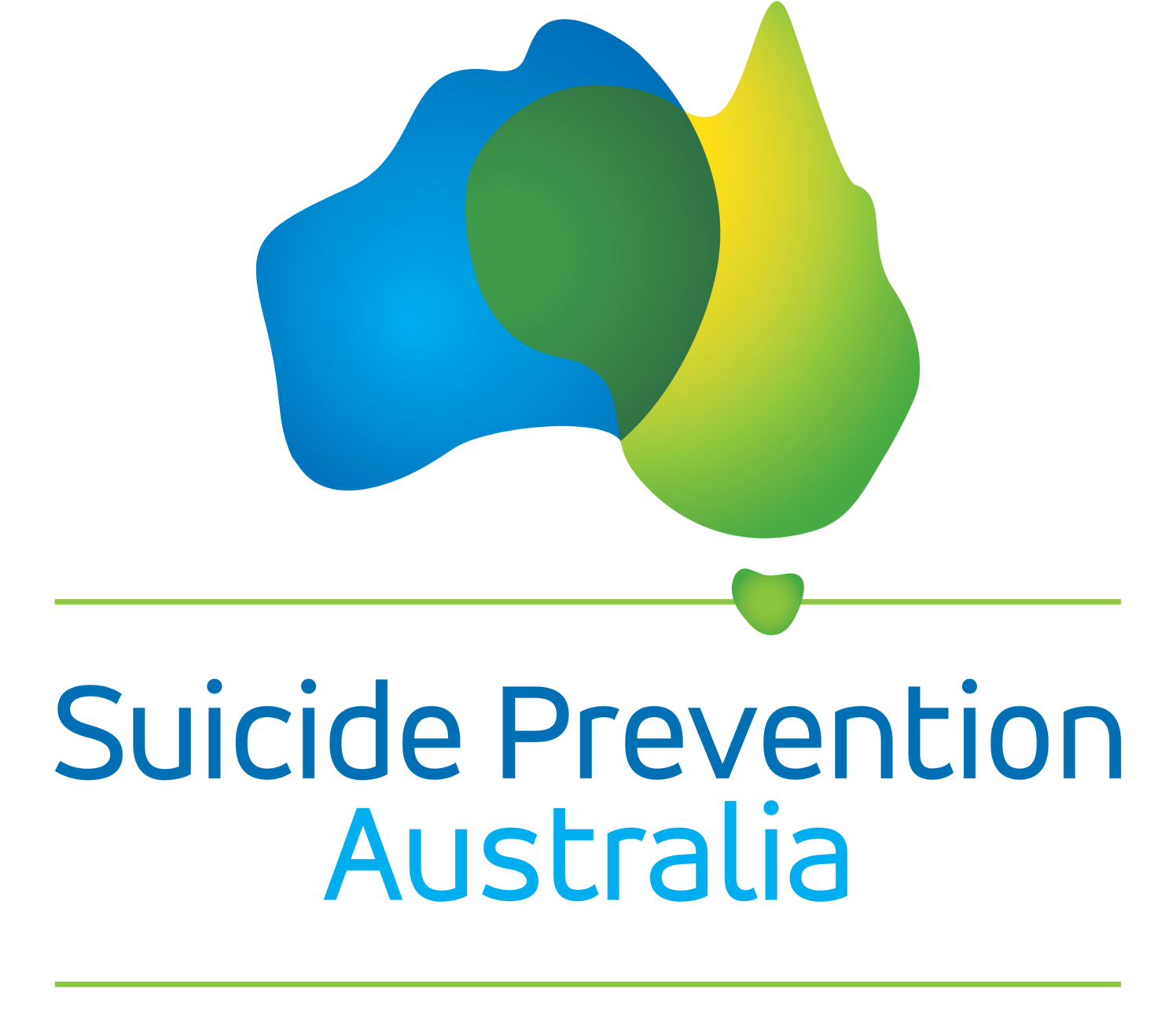Suicide Prevention Australia CEO, Nieves Murray & The Salvation Army Financial Inclusion Project Officer, Bianca Orsini
The link between the cost-of-living crisis and suicide risk is an issue that we can no longer afford to ignore.
For Australians, it’s a pervasive and heartbreaking issue that calls for our collective action.
When it comes to our personal finances, much like our mental and physical health, our financial health can bring both stability and turmoil into our lives.
No matter how good we are at managing money, we’ll all face financial challenges at some point. Yet even though it’s such a common and shared experience, it’s hard to open up about.
In the latest Suicide Prevention Australia Community Tracker, which measures community distress every three months, “cost-of-living and personal debt” was the highest cause of distress for survey participants. In fact, it has been the highest cause of concern for more than a year.
Suicide is a complex behaviour impacted by a range of factors. However, research shows clearly that financial insecurity is associated with increased suicide risk.
A 2020 study into deaths by suicide in Victoria found 42% of people who died by suicide were under financial stress, 45% were unemployed, and 22% experienced family violence. Furthermore, a 2021 – 2022 annual report of the Queensland Suicide Register identified over a quarter of people who died by suicide were unemployed, 16.8 % experienced financial problems, and additionally 11.3% experienced workplace/school problems.
So how do we solve this problem? How do we reduce the risk of suicide among our fellow Australians grappling with poverty?
Here’s two things you can do to reduce financial stress and find your path to financial wellbeing.
Firstly, it’s important to recognise that if you’re experiencing financial stress, you’re not alone.
In the latest National Study of Mental Health and Wellbeing conducted by the Australian Bureau of Statistics, over 644 thousand Australians have suicidal thoughts in the past year which represents 3.3% of the population. And we know from our community tracker data that financial distress is a significant factor.
That’s why the key to overcoming financial stress is self-compassion. It involves recognising that financial setbacks don’t define your worth. You have the power to change your situation and take control of your future. Start by taking a deep breath, observing those negative thoughts, and reframing them positively.
Secondly, we need to be better at seeking support and sometimes expert advice will also help.
In 2021-22, The Salvation Army’s free financial counselling service, Moneycare, supported more than 12,600 individuals with over 52,000 sessions nationwide. As a result, 93 per cent said Moneycare had an overall positive impact on their circumstances and 83 per cent said they were able to cope with future stress better.
Lastly, remember you’re not alone in your financial challenges. Be kinder to yourself, commit to taking a small step, look into advice that’s a good fit for you, and keep on top of any limiting beliefs stopping you from reducing your financial stress.
